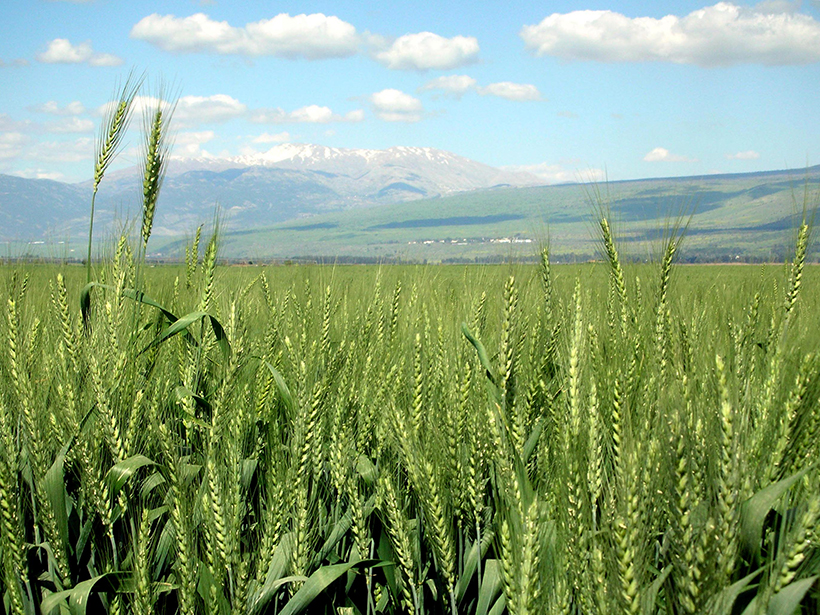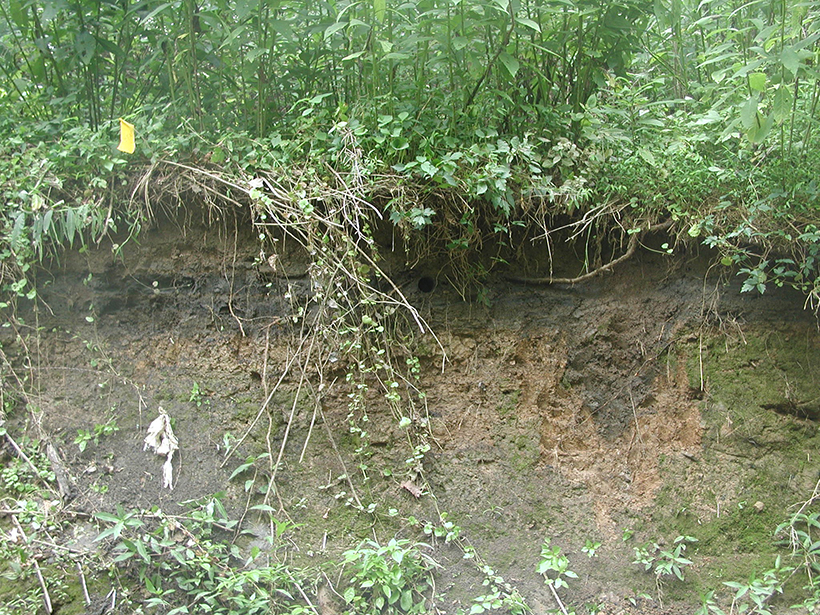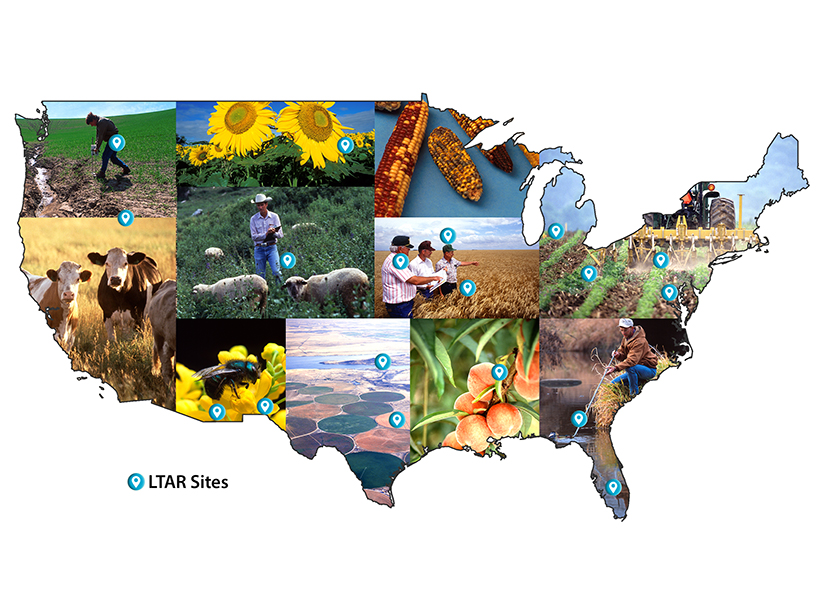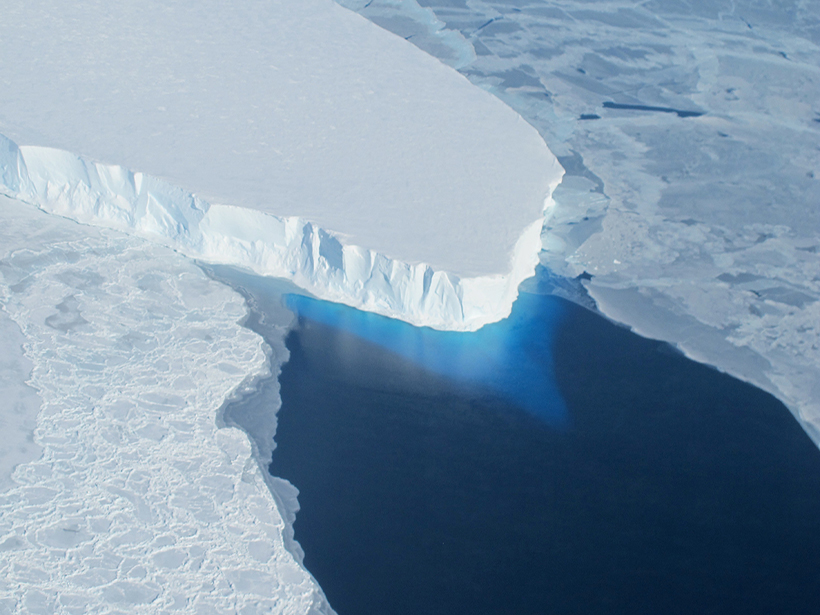Models showed that approximately 93% of crop losses over the rest of the century could be caused by non–carbon dioxide emissions, the most damaging of these being methane.
Climate Change
Advancing Soil Carbon Cycle Science
Workshop to celebrate 2015–2024 International Decade of Soil; Boulder, Colorado, 14–16 March, 2016
Climate Scientists' New Hurdle: Overcoming Climate Change Apathy
It's not just about deniers anymore. Scientists now have to convince a new group: those who believe humans have altered the climate but don't think anything can or should change.
Communicating Arctic Science Creatively for Diverse Audiences
Revealing the New Arctic: A Climate Change Communication Workshop; San Francisco, California, 16 December 2015
Preparing to Face the Future of Agriculture in the United States
Third Annual Long-Term Agroecosystem Research (LTAR) Meeting; Venus, Florida, 22–26 February 2016
Tackling the Paris Temperature Targets
The global temperature targets established in Paris in 2015 are ambitious; new research examines what it would take to achieve those targets.
Perspectives on Climate Tipping Points
If policy makers are to make real progress, we must start meaning the same thing when we use the same words to describe climate change.
How Irrigation in Asia Affects Rainfall in Africa
Up to 40% of the total rainfall in arid parts of East Africa may be caused by water vapor from farming practices in South Asia.
In the Eastern Pacific Ocean, the "Blob" Overshadows El Niño
Underwater gliders and ocean modeling reveal unexpectedly weak El Niño effects on a major West Coast current.
What Caused Record Water Level Rise in the Great Lakes?
A new modeling framework offers insight into how specific lakes' water levels respond to short- and long-term climate trends.










